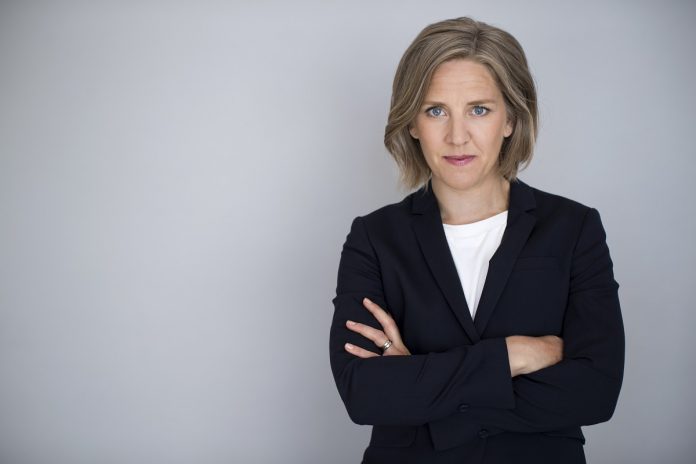Open Access Government’s Editor Laura Evans examines how Sweden is tackling climate change and the targets in place to help the nation become carbon neutral
Air pollution and climate change is a huge challenge all over Europe. In Sweden, it is estimated that air pollution contributes to around 5,500 premature deaths each year. In February the Swedish government adopted a historic climate reform. The climate act and new climate goals aim to help Sweden reach an ambitious, long-term and stable climate policy.
Speaking about the historic act, Sweden’s Prime Minister, Stefan Löfven said: “The climate act is historic and represents an epochal shift for Sweden. Just as we keep our fiscal house in order, we must also put our house in order regarding climate policy.
“This is the most important reform that our generation of politicians will carry out for Sweden’s young people, our children and grandchildren. Sweden will be one of the world’s first fossil-free welfare nations.”
Tackling climate change is a key priority for Sweden and it aims to be carbon neutral by 2045, reducing emissions by 63%, by 2030. Sweden leads the way between all 28 EU Member States with regards to renewable energy use by share. By 2014, over half of the country’s energy consumption was provided by renewables, including electricity, heating and cooling as well as transport. By 2020 Sweden hopes to achieve a 49% share of renewable energy in gross final consumption of energy.
The country aims to have no net emissions of greenhouse gases at all by 2045, as outlined in their current Energy Policy. In the 2017 Budget Bill, the government aims to strengthen efforts towards a toxin-free everyday environment, a fossil-free welfare society and renewable energy. In order to reach the target of 100% renewable energy by 2040, the government aims to encourage the expansion of solar energy. Within the budget, the funds that are allocated to investment for solar power this year are 8 times higher than in 2015.
In order to reach these targets and reduce the effects of climate change, not only in Sweden but worldwide, Minister for the Environment Karolina Skog believes that cities have a major role to play. She recently attended the COP22 Climate Change Conference in Marrakech and highlighted how cities are crucial for tackling climate change and how urban development is a key focus for municipalities and regions in implementing the Paris climate agreement.
Speaking at the conference, Skog said: “Social inclusion, gender equality and access to good quality public transport are key in the work on urban development. As the minister responsible for urban development, I have a vision of sustainable cities for everyone, and to get there we need to tackle several challenges at the same time.”
The Minister highlighted in her speech that cities have a big responsibility in climate transition, and that government and states must support their work through political visions and funding.
“I have high hopes that the strong willingness we see in cities and businesses the world over will carry climate efforts forward,” Skog added.
Minister Skog also spoke with regards to climate change and its impact on the health of the people of Finland. During this particular seminar at the conference, organised by the World Health Organization (WHO), it was estimated that 6.5 million people are already dying each year due to air pollution. With such a high number already suffering the spread of illnesses is expected to increase in line with the increased number of global emissions expected.
“We must make sure that the climate action we take is also good for the air we breathe. For example, if we burn biomass in the wrong way it can significantly worsen air quality. This must be avoided at all costs – poor air quality is the greatest and most acute environmental problem we face,” said Skog.
Goals for urban development necessary
The government’s budget bill for 2017 is said to be the largest environment and climate budget ever presented in Sweden. Investments in climate action reach a total of SEK 12.9 billion for the period 2017 to 2020. The urban environment agreements will be reinforced with an additional SEK 750 million for 2017 to 2018.
Speaking at the conference, Minister Skog commented on how the development of cities is integral to these goals. “Over the next 35 years, we will build cities for 3.5 million people. This places enormous demands on infrastructure. From the point of view of policy, we need to set goals for the development of these cities and make sure to steer investment flows in a sustainable direction. This is something I will do back home in Sweden over the coming year.”
Laura Evans
Editor
Open Access Government
editorial@adjacentopenaccess.org











